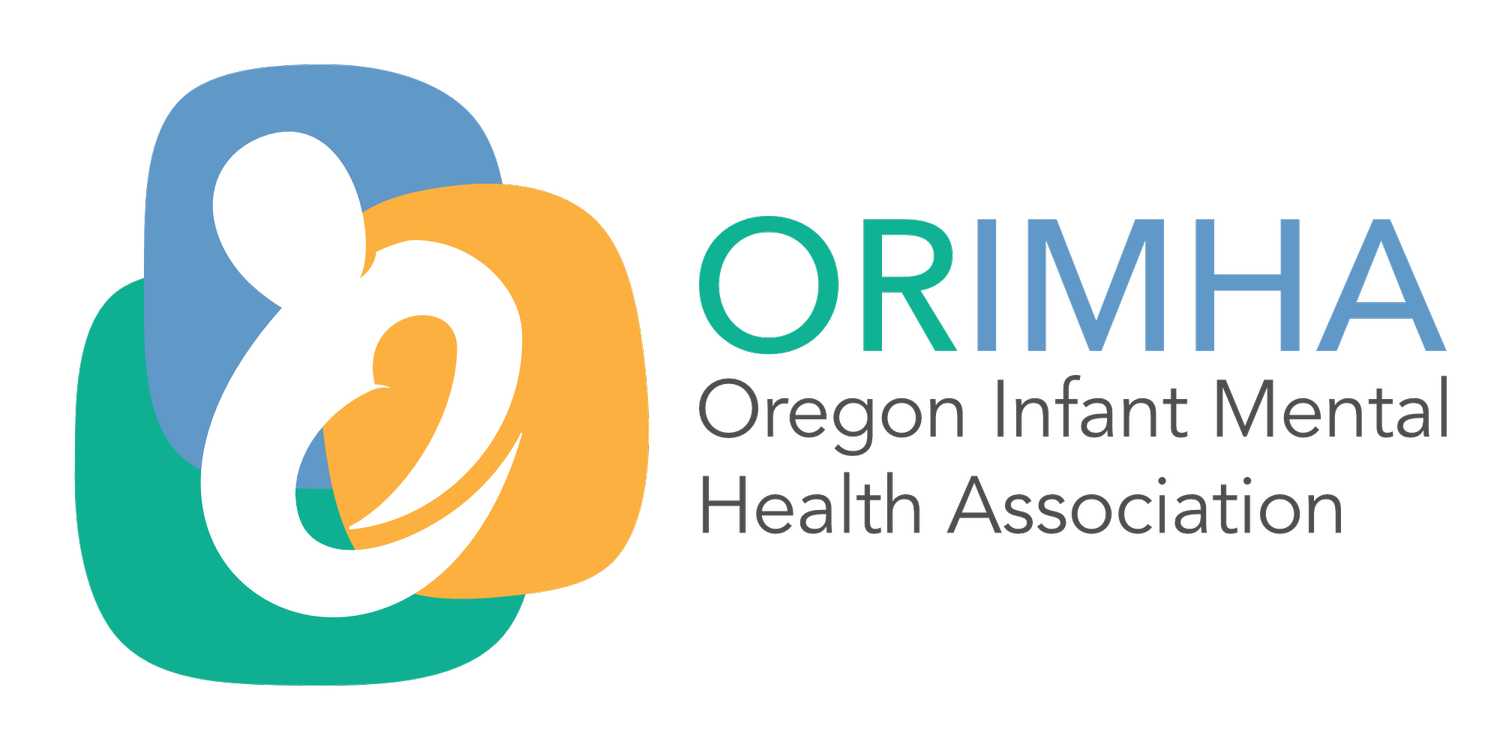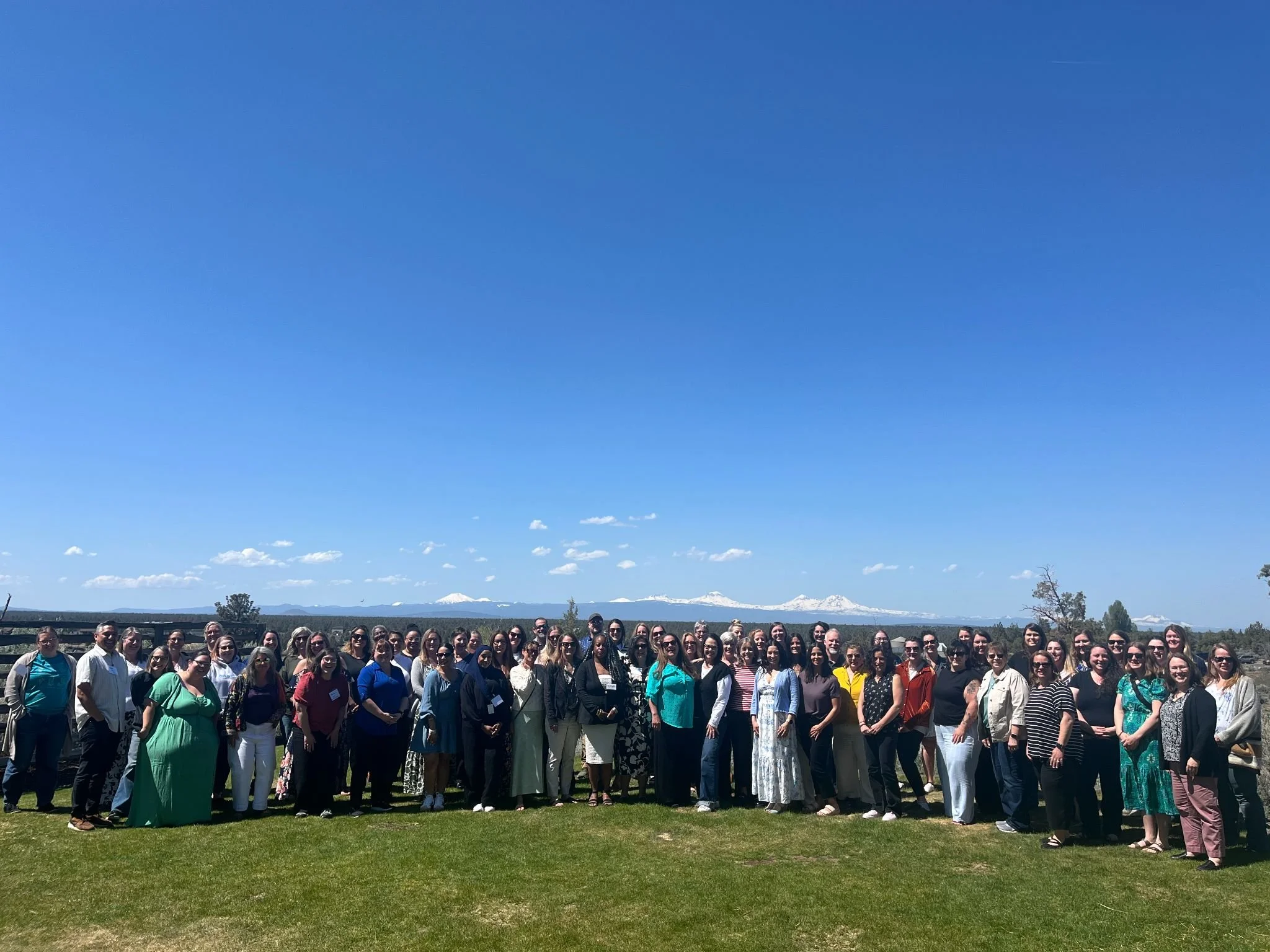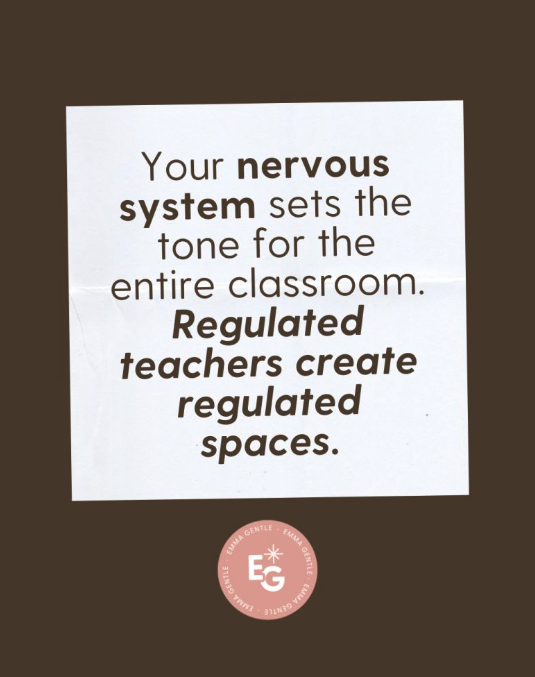May 30, 2025 RSP Newsletter
To the Regional Service Providers (and those working to decide which organization in their region will be the RSP)
It was an incredible experience to be in-person with those of you who could be at Brasada Ranch for our in-person Community of Practice for May!! We know that being away from home and other work responsibilities is a big ask. We deeply appreciate those of you who were able to take that time and be fully present with your peers, the ORIMHA team, and for the equity training from Threads of Justice!
Important Information and Updates
No Community of Practice for RSP Leaders in July
Expect to see a cancellation in your calendars for the July 3, 2025 CoP and we hope everyone enjoys a safe Independence Day celebration on July 4. In place of the CoP, Nichole & Sondra have added the following dates in July for 1:1 meetings to support creation of the Implementation Plan for the next biennium (see more below). Sign up here to book a time or email nichole@or-imha.org if none of these dates work for your team. And if you already signed up for a time in early June, expect an email from Nichole with options for rescheduling.
Wednesday July 9
9-10a
10-11a
11a-12p
12-1p
Monday July 14
10-11a
11a-12p
12-1p
1-2p
2-3p
3-4p
Wednesday July 16
9-10a
10-11a
Implementation Planning
DELC has been busy finalizing the statement of work (SOW) for RSPs for the next biennium and they expect it will be completed with approval process and shared with RSPs mid-June. Once the final SOW is available, Sondra and Nichole will have a template for your 2025-27 Implementation Plan. (Those of you who were at Brasada have already worked on or completed the workforce equity plan, which is a component of the larger plan.) We encourage you to sign up for a 1:1 time slot in July for support from us to complete the full Implementation Plan. See link above or email nichole@or-imha.org to schedule time. The completed Implementation Plan will be submitted to DELC with your 2025-27 budget and is due by the end of July 2025.
The Every Child Belongs project is asking a lot of RSPs. Some of you may be wondering why you are engaged in a comprehensive process of implementation planning, which is not required in other contracts you have with DELC. So first, a quick reminder of what we have learned from implementation science: When organizations engage in a process for understanding fit, usability, capacity, and identifying the anticipated supports they will need, we can better ensure the highest quality interventions and impact! And, without planned implementation it takes an average of 17 years to achieve full implementation (Morris et al., 2011). But only 2-5 years if intentional implementation supports are in place (Bierman et al., 2002; Fixsen, Blase, Timbers, & Wolf, 2001; Panzano & Roth, 2006; Prochaska & DiClemente, 1982; Saldana et al., 2011)). THANK YOU for your investment in the time and process that helps create sustainable systems and improve chances for impact with families and communities! Your leadership is such a critical piece and a true driver of successful implementation of IECMH consultation!
Second, Oregon is doing something groundbreaking! To our knowledge, this is the first time IECMH consultants will be employed (primarily) by early childhood education organizations rather than mental health organizations. This innovative approach requires intentional planning so that IECMH consultants are grounded in the competencies and practices that are proven to have the desired outcomes.
From the Mentor Consultants (Tobiah Brown, Michelle Harvey, and Caroline Falcone)
Hey all - We are beginning! This is exciting. You all have done such a wonderful job navigating this unknown road towards safer, more informed early childhood spaces for children. Some of you have hired your IECMH consultants. Once you have hired we would like to meet with them and you together, then a 1:1 with the consultant. The initial meeting with us and you and them, will be like a meet and greet. During the 1:1 with a consultant we will go over the formerly known as readiness checklist with them and get them started on the road of mental health consultation. In order for all of this to happen- I, Tobiah, need to know who your new hires are and need to be able to contact them. A simple email can get that ball started. My email is tobiah@or-imha.org My response time is 2-3 business days (not including weekends). So please reach out, let me know, and let’s begin this part of our work together. - Tobiah Brown
Are you supervising IECMH consultants, curious about reflective practice, want a space to share more deeply and be supported in the feelings, challenges, and joys of this work? Do you need reflective supervision/consultation hours to obtain (or maintain) your own IECMH endorsement? Michelle Harvey will be offering ongoing monthly group reflective consultation for RSP leaders. If you are interested, I (Michelle) would love to meet with you and invite you to come slow down with me. I’ll be sharing more about this opportunity at the June 5 CoP, including the process for signing up. If you’re not able to attend but are interested in learning more, please reach out to me at michelle@or-imha.org.
Save the Dates
Communities of Practice for RSP Leaders will continue into the next biennium! In addition to the virtual meetings (First Thursday of each month from 9-11a), we are making plans for an in-person convening in the fall. Stay tuned for more details!
Big Picture
A big part of IECMH consultation is helping teachers and providers remain calm and regulated in the presence of BIG feelings from little ones.
Resources
Georgetown’s Center of Excellence on Infant and Early Childhood Mental Health Consultation describes ten elements of the Consultative Stance, which are at the core of effective work in this sector. The first two elements are:
Mutuality of endeavor. Consultation can only be effective when the consultee participates fully in the process.
Consultants convey the necessity of co-constructing meaning and developing hypotheses together with the consultee.
A full understanding of a child, family, or situation is only possible with input from the consultee.
The consultant’s advice is useless if it does not consider the consultee’s perspective and understanding of the situation and, ultimately, their willingness to participate in bringing about change.
Avoiding the position of sole expert. In accepting that the work is a collaborative effort between consultant and providers and parents, the position as exclusive expert must be abandoned.
The IECMH consultant does have specialized and crucial knowledge to contribute.
Gathering information from all participants is critical.
The IECMH consultant seeks to legitimize and heighten the provider’s and caregiver’s sense of expertise.
The consultant’s attitude conveys the belief that consultees hold valuable information; helping them to see themselves as the source of ideas.
Avoiding the position of sole expert becomes increasingly difficult when called in to respond to a crisis.
Your IECMH Consultation Implementation Support Team,
Nichole Paradis, nichole@or-imha.org
Sondra Stegenga, sondra.stegenga@utah.edu
Erin Kinavey Wennerstrom, erin@or-imha.org


